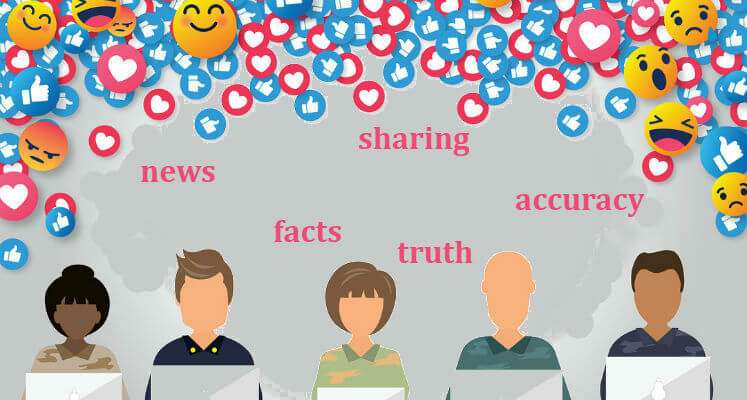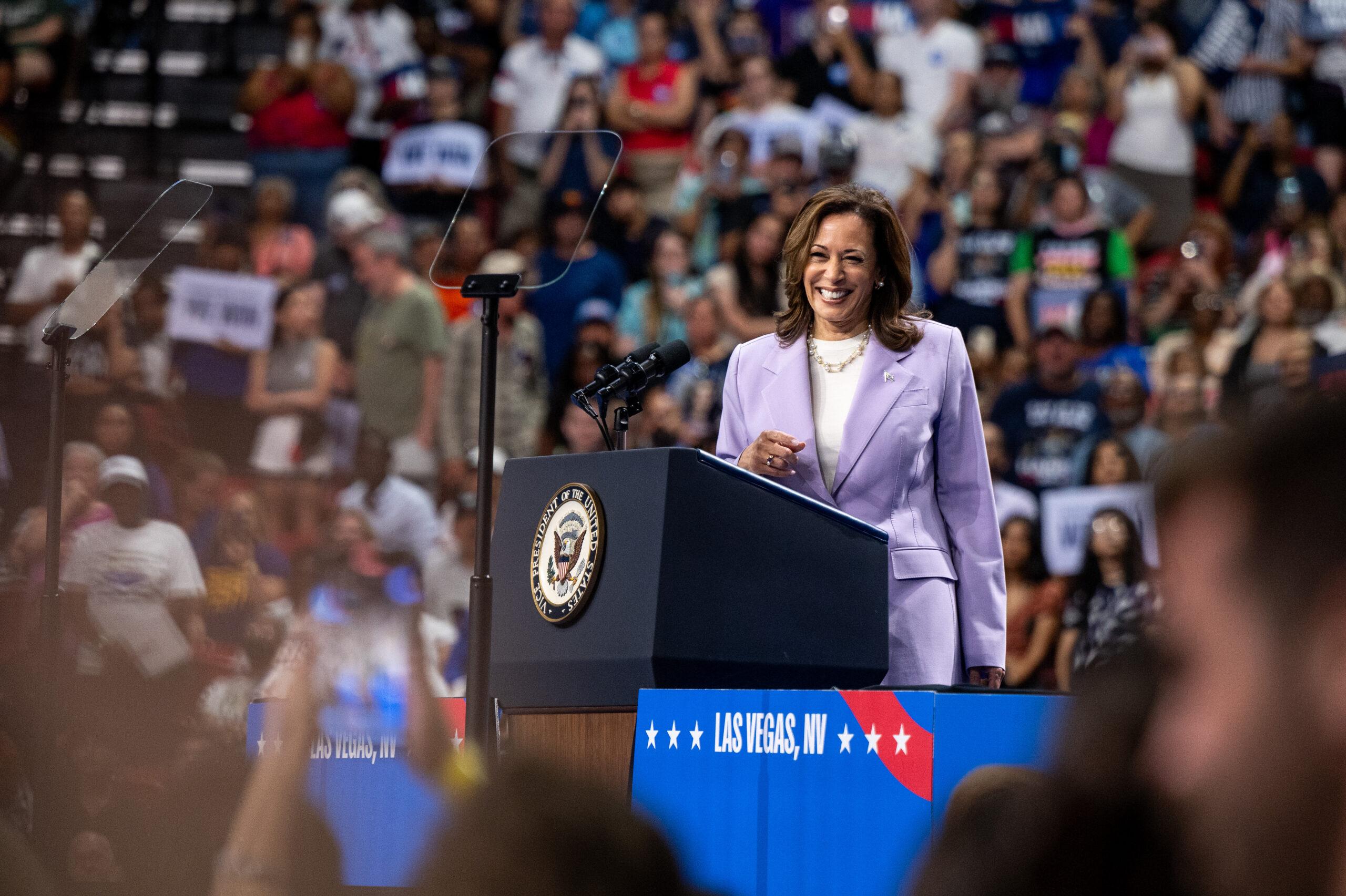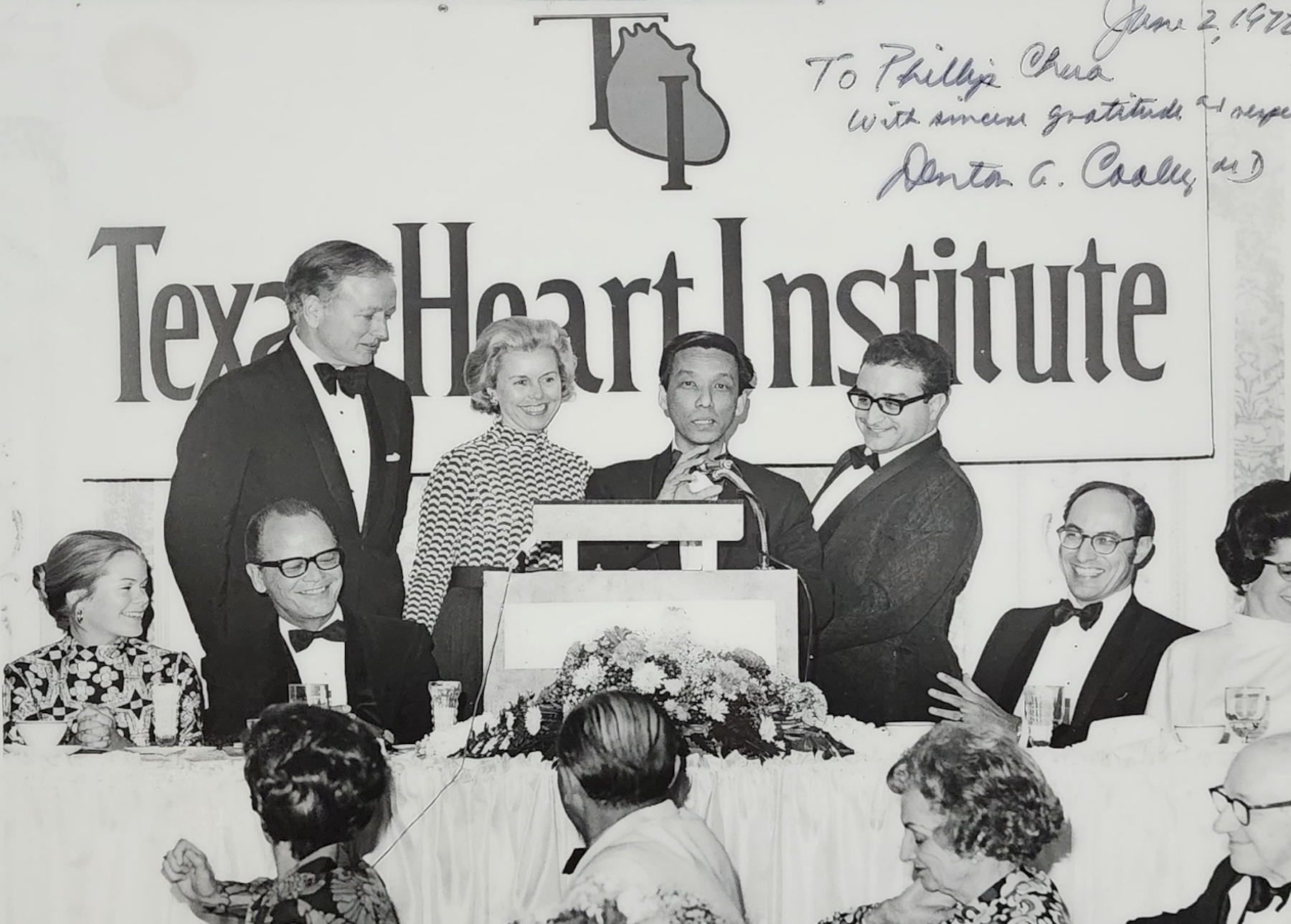
VIRAL. Breaking News. Facebook Live.
Before the advent of social media, we received our news and information from newspapers, radio and television news programs — each with editorial boards that meet every day to discuss the news events of the day, confirm the veracity of the news, and answer the what, who, where, when, why and how questions.
The editorial board of each news organization fulfills its role as the gatekeeper of news and information, honoring the sacred obligation of delivering only the truth to the people, cognizant of how consequential the delivery of information is to the public.
These news organizations had the time to fulfill this requirement of due diligence to report the news accurately and precisely. The newspapers would be printed past midnight and were delivered to homes in the early morning. Sometimes, when breaking news came out, they would release a midday edition.
The same was true for radio and television. Families would gather in front of their radio or television receivers to hear and watch the evening news. News breaks would be aired within the day for urgent information that would have to be delivered to the public immediately. Then, the big picture would be presented and the complete story told on the evening news.
Such commitment to the obligation of being truthtellers was taken seriously. The rationale of each news organization to exist relies on its credibility earned from the public it served.
What we know and do not know affects our attitude on the current events and the people running our government and institutions, which in turn, determines how we respond to and act on our obligation as citizens of this country.
That was then.
Now, in the age of 24/7 cable news cycle, each news organization competes to deliver the news first. There are “BREAKING NEWS!” alerts left and right. Each news organization also competes to deliver an exclusive report to get the biggest share of the pie in the ratings game, which matters most to advertising — the source of income of news organizations.
As a consequence, news is delivered fast and urgently but with a caveat that such news has not been independently confirmed. Tidbits of information — verified or not — get into the awareness of the public.
As the competition among them escalates, the desire to stand out from the rest compels some news media organization to sensationalize the news, to show images and emotionally charged words and delivery of newsmakers that could rival reality shows just to grab the audiences’ attention, the span of which has become shorter than ever. News, as we knew it, has been compromised.
But now in the age of social media, and with almost every person having a camera through their mobile devices and a connection to the internet to broadcast news via platforms like Facebook, Twitter, Instagram, Snapchat, and YouTube, among others, the delivery of news and information has become even more complicated and a double-edged sword.
On one side, this new reality has empowered every individual to be a “citizen journalist.” We are all given the opportunity and the platform to report the “news” and our personal experiences and perspective to the world-wide-web. And with the sharing capability offered by these social media platforms, we can share our “news,” and share other “news” we find on social media.
The other side of the sword is the content we may share, especially during these times of deep partisanship. Such division has been fueled by the intrusion of fabricated news from foreign actors like Russia, infiltrating our discourse with fake news to sow discord, divide us and weaken our democracy. Sometimes, the newsmakers themselves and people in government fabricate and peddle/share news, twist the facts, support unfounded conspiracy theories, which is even more dangerous because this is an abuse of public trust accorded to the public office they hold.
Even the creative and politically savvy among us Americans try to beat the already crowded internet by coming up with memes and shareable one-frame photo posts that incite anger and disgust more than provide factual information to enlighten the public about the issues.
Sadly, many of us as consumers and subscribers of content are but too lazy and uninterested to be informed about details, sharing unverified sensational headlines and memes without fact-checking, so long as they support what we think is the truth based on our ideology or fanaticism to support a candidate.
I know we all mean well and only want to do our share for the greater good, and so I urge all of us to be responsible gatekeepers of news and information.
Before we share something, let us all do our due diligence in verifying the truth and the credibility of our sources by checking other sources of information and determine if the content we are about to share has been corroborated by other credible news media with firsthand sources. Check on the “About” section of the website to know who are the people and corporations behind it.
This verification of facts is very important when we share memes because there is no context, source, or big picture given. Google the veracity of the information the memes we are about to spread around before clicking the SHARE button.
Remember that we are responsible for everything we share on social media. When we spread misinformation, hate, and lies, we all betray our duty to be part of the solution to help create a better world. We all can do better than this.
Finally, let us re-evaluate what we know about journalism as we all have become, not only the consumer of news, but gatekeepers ourselves. This is from a discussion on the Poynter Institute, the world’s leading instructor, innovator, convener and resource for anyone who aspires to engage and inform citizens.
“Journalism is not stenography. We don’t simply say, ‘Donald Trump said this. Nancy Pelosi said this.’ That should not be our role. Our role should actually be at getting at the truth and providing context and analysis so people understand what this means.”
“All journalists bring their own biases to the table — no matter their race, ethnicity, gender, sexual orientation, socio-economic status, ability or other factor. We must teach our students that this can be an advantage and not a hindrance, that our identities and experiences can inform the journalism we do, the interviews we get, the access we have to communities and the stories we tell.”
Thus, the discussion in the article suggests that instead of objectivity, let us all be advocates for accuracy and transparency.
“You can take a position, but you need to be right,” PBS public editor Ricardo Sandoval-Palos said. “This shows your audience that “you took the time to be introspective about your own work and presented it in the fairest possible fashion.”
* * *
Gel Santos Relos has been in news, talk, public service and educational broadcasting since 1989 with ABS-CBN and is now serving the Filipino audience using different platforms, including digital broadcasting, and print, and is working on a new public service program for the community. You may contact her through email at [email protected], or send her a message via Facebook at Facebook.com/Gel.Santos.Relos.





